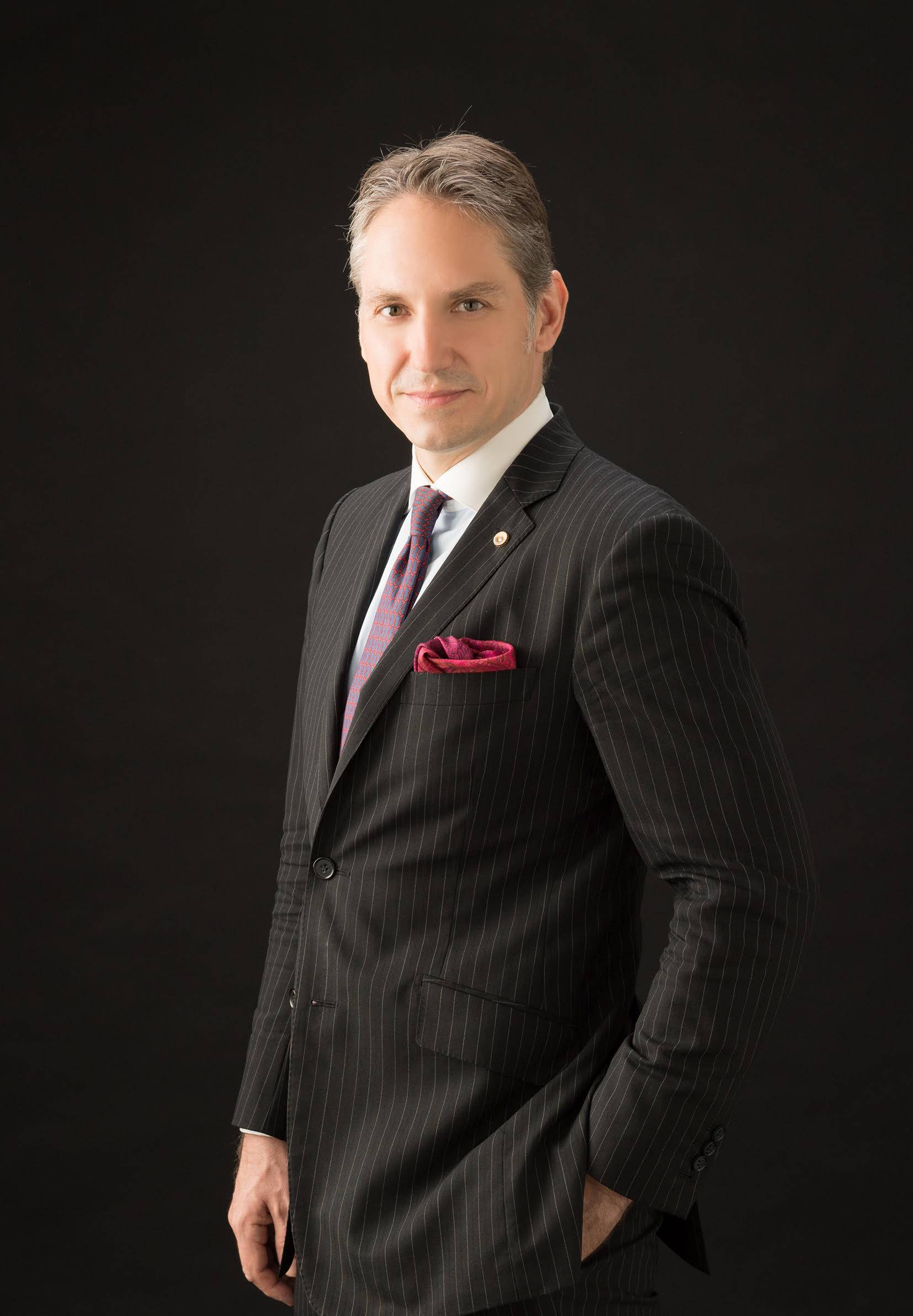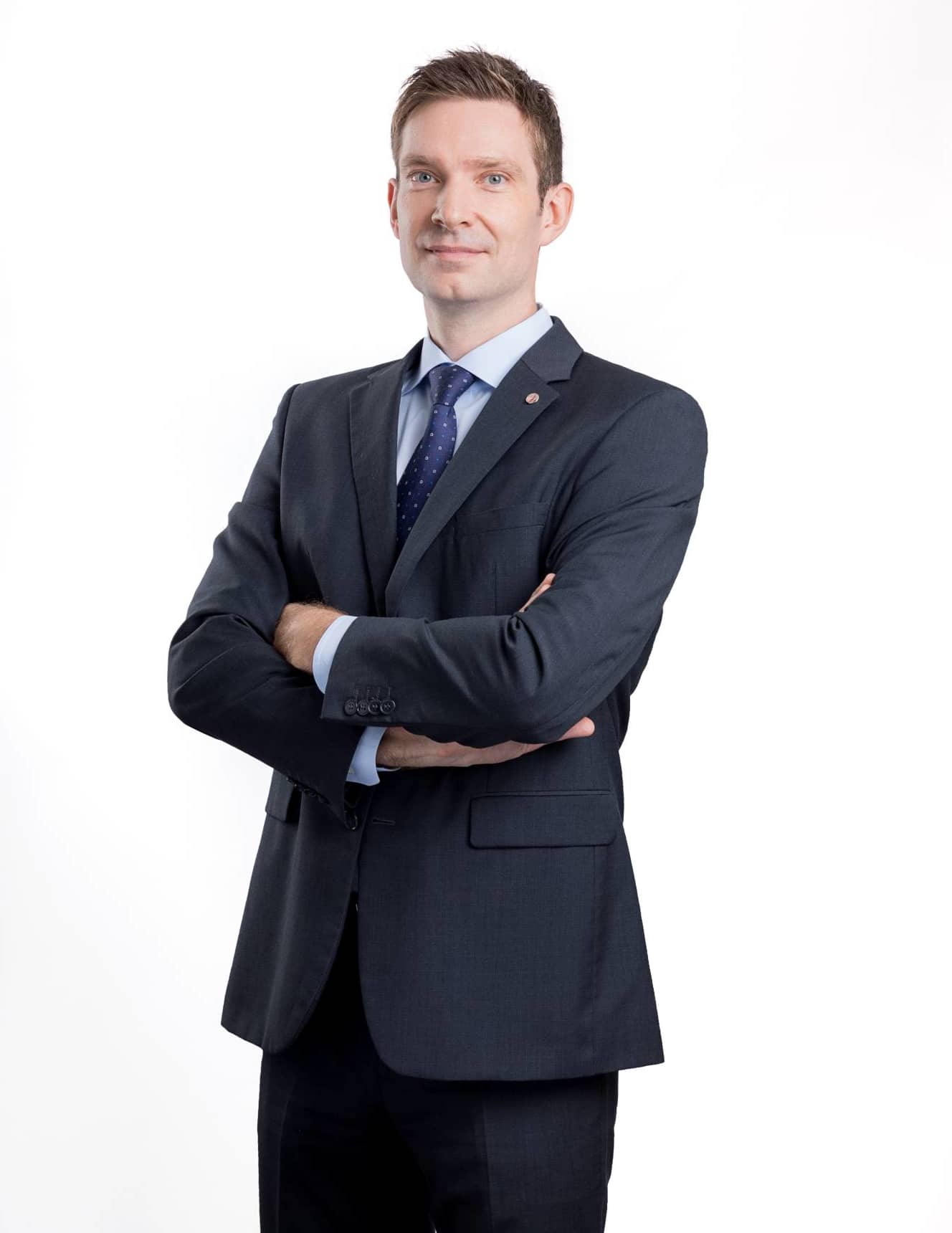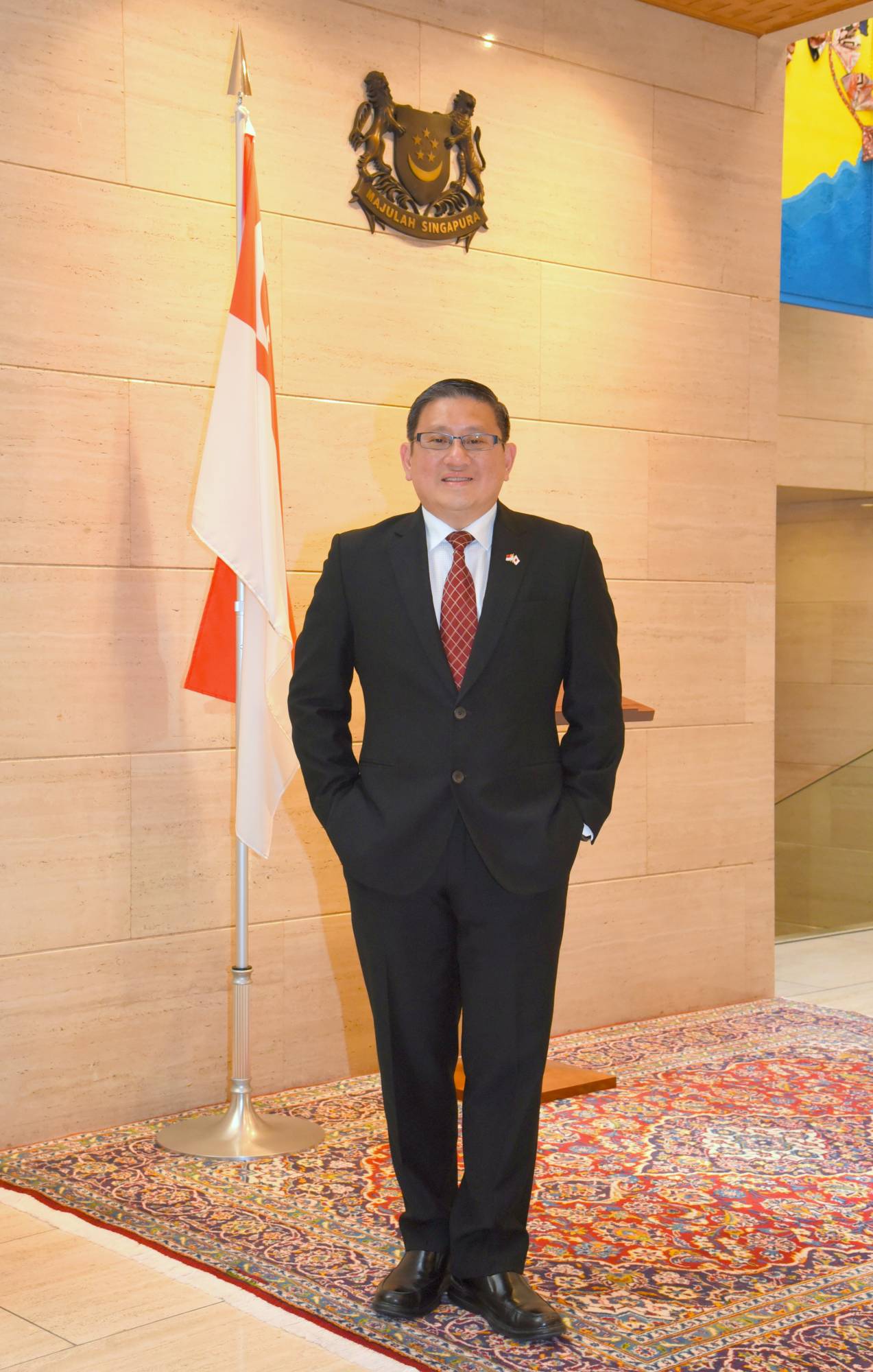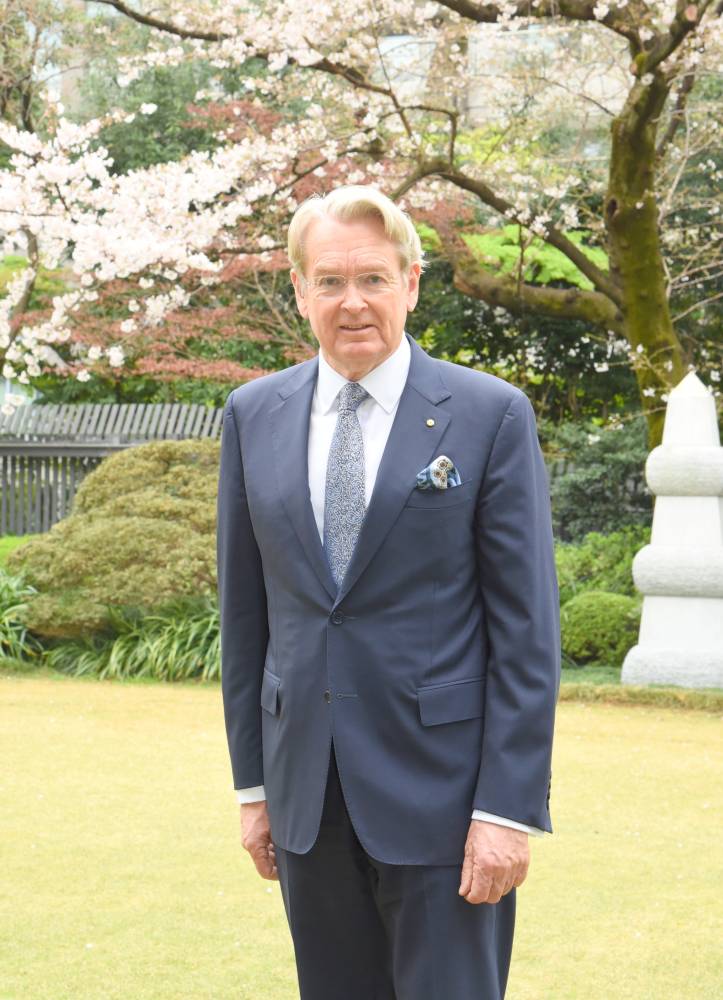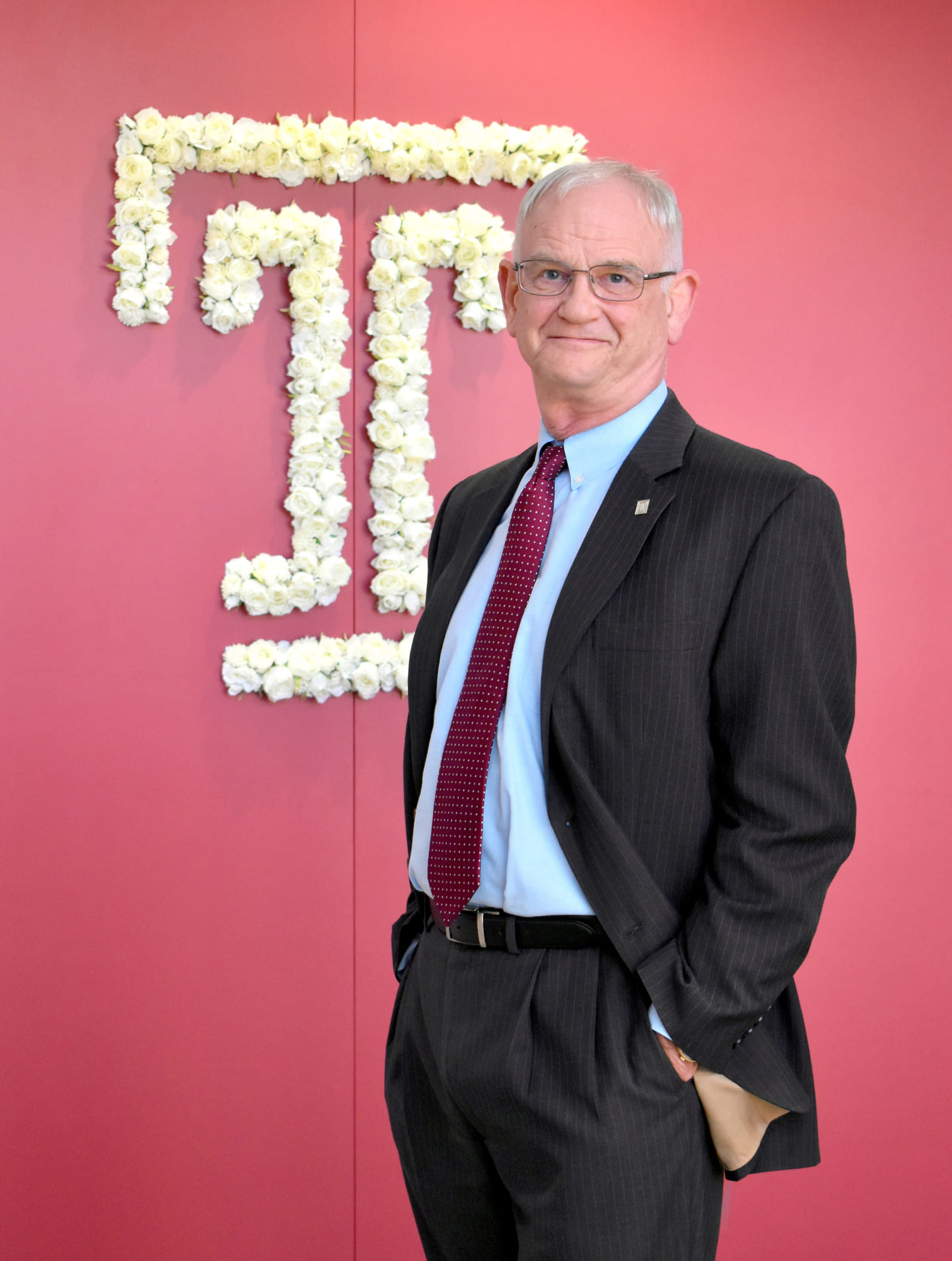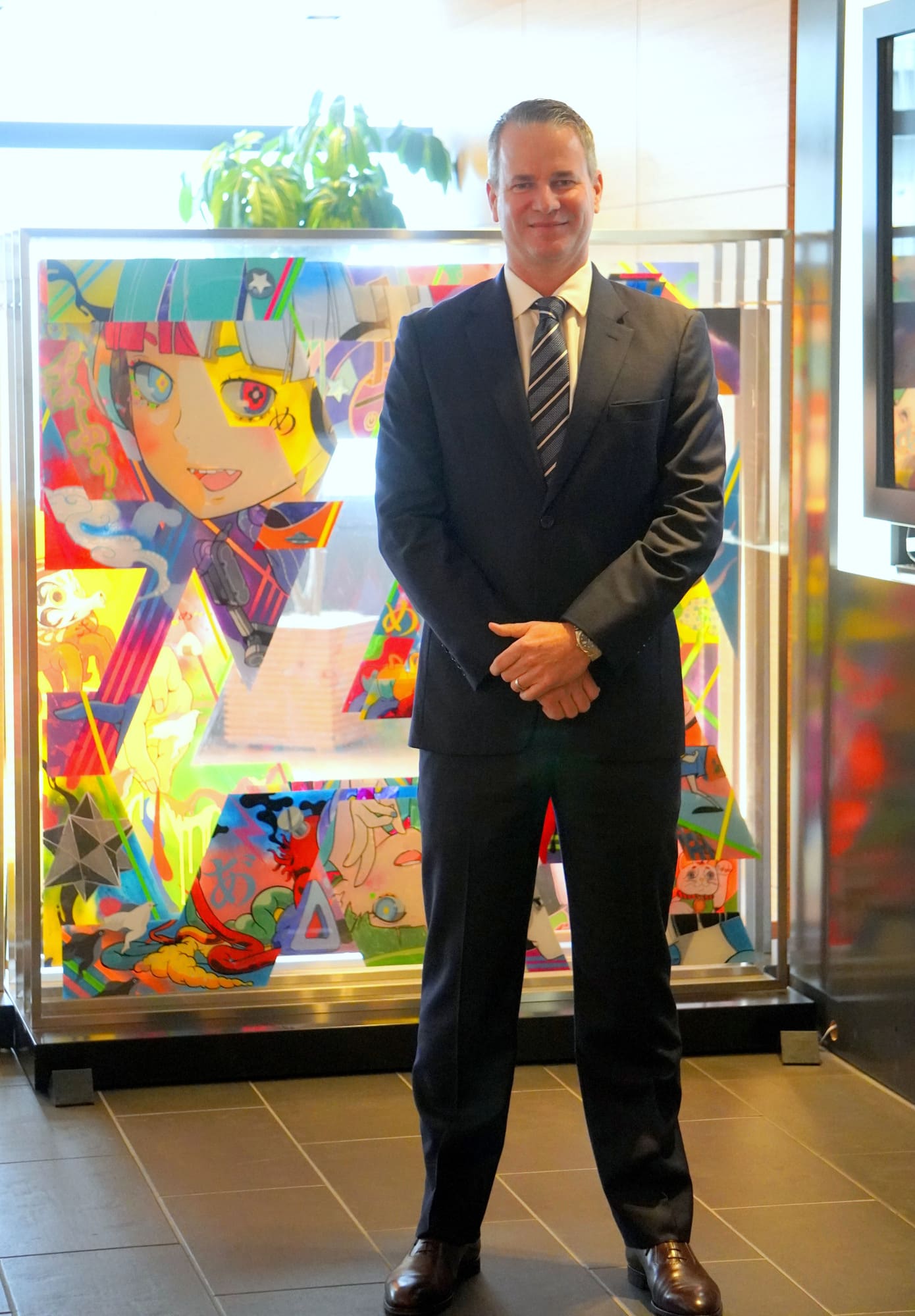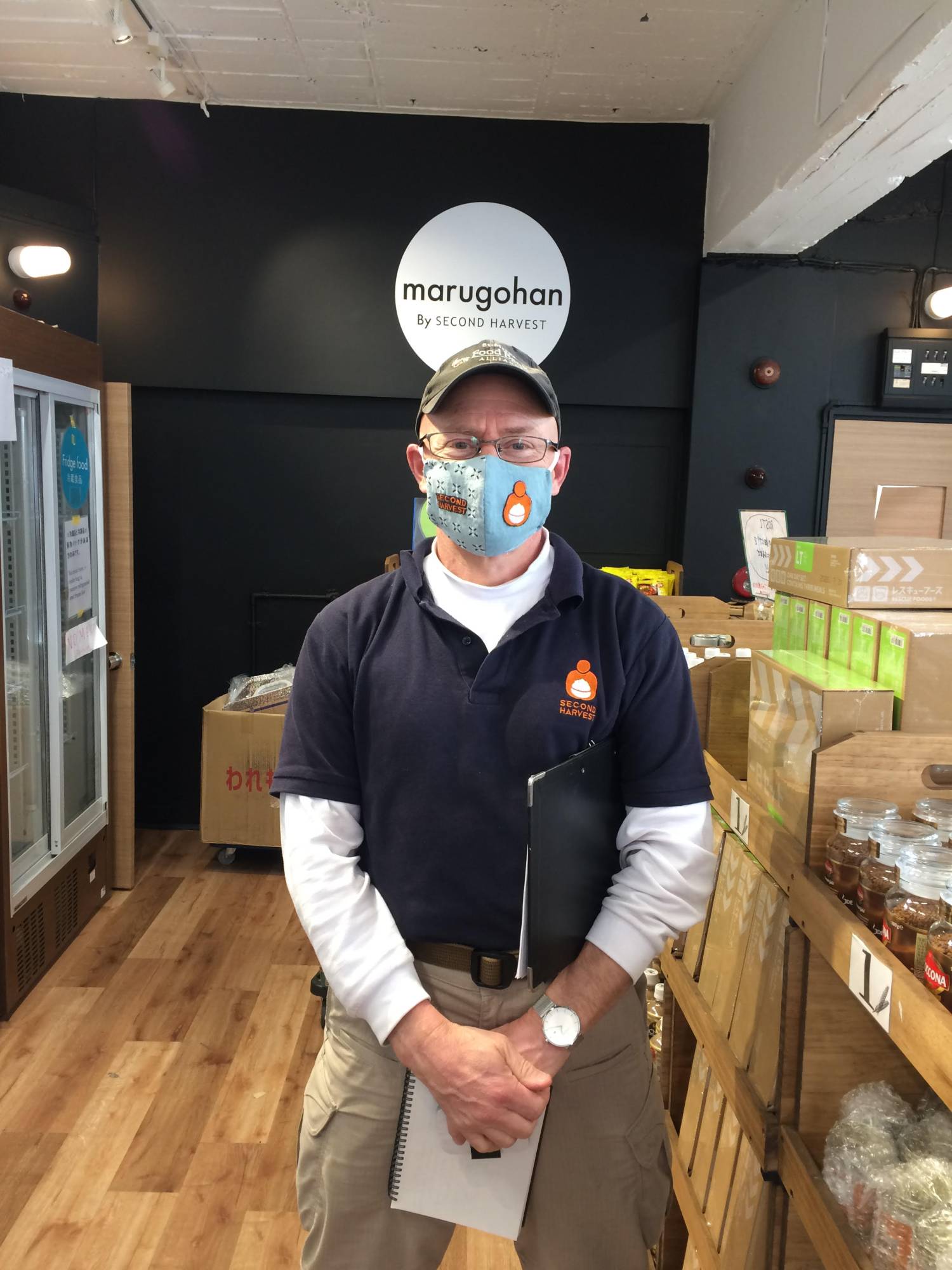
May 24, 2020
Ongaeshi and food security in the midst of COVID-19
Volunteers, flexibility vital for Second Harvest CEO Charles McJilton
BY JANE KITAGAWA
CONTRIBUTING WRITER
- Name: Charles McJilton
- Title: CEO, Second Harvest Japan
- URL: http://2hj.org/english/
- DoB: Nov. 16, 1963
- Hometown: St. Paul, Minnesota
- Years in Japan: 32 (cumulative)
On April 21, Charles McJilton, CEO of Second Harvest Japan (2HJ), took to social media to broadcast an impassioned plea.
“I’ve been reluctant to ask, but we are being slammed with people seeking help. We are getting close to having to shut down because we do not have enough volunteers to manage the crowds. If you can spare some time, contact me.”
The nonprofit has a successful track record in providing support to the needy in the wake of disasters such as the Great East Japan Earthquake in 2011. However, the pernicious and changing nature of the COVID-19 virus, its impact on the economy and resulting declaration of a state of emergency in Japan have all impacted 2HJ.
“The challenge for us (with COVID-19) is that it’s ongoing,” McJilton told The Japan Times during an interview held via Zoom. “Every day brings something new. I had a conversation with a funder and said, ‘If we get over 200 people (needing food) we’ll have to think about something but I don’t see that happening until next week.’ That day, we had 260 people come,” he said, speaking on the virus’ economic repercussions.
While 2HJ is most importantly in need of volunteers, disruptions to the food supply mean that food donations are also welcome. “Money is always helpful, but the first thing is just ‘hands,’” said McJilton, acknowledging the delicacy of the situation.
Adapting to how the organization should be run in the time of COVID-19 is on the table. 2HJ’s goal, according to McJilton, has always been to create a viable food banking network and infrastructure for food security. Soup kitchens, emergency shelters, women’s shelters, orphanages, the homeless, migrant workers and others have all benefited from 2HJ’s efforts. The organization’s activities include a hot meal program, food banking, and advocacy and development. Additionally, 2HJ’s marugohan market provides donated food to needy households in exchange for good deeds.
The CEO says the organization’s trajectory to date is due in part to his belief in running 2HJ as a hybrid, as both a nonprofit and a business where commercial relationships, such as those with food manufacturers, are key.
“(Roughly) 70 percent of the population here in Japan mistrusts nonprofits, NGOs. We’re already starting from a position where people think … we’re shady. We’re not, you know. And when people assume you’re charity, they have low expectations of you,” he explained, adding that this often translates to perceptions of NGOs being a “hobby” or where someone can “do good.”
The beginning of McJilton’s own journey with food security dates back to when he was living in the United States as a child. He has many siblings and foster children were always part of his family’s home. “(Little) Charlie didn’t (always) have enough … that’s part of the motivation behind some of the stuff that I do and the work that resonates deeply with me,” he said.
Pivotal to McJilton’s beliefs that work in the food bank sector offers, and is more than “doing good,” is his well-documented time living alongside the homeless in Tokyo’s Sanya district when he was studying at Sophia University. He defined the experience as a “changing point in my life to understand poverty and hunger, not from a theoretical perspective but a lived one.” McJilton said: “I don’t sit down and say, ‘Who can I help today?’ I’m very self-aware that what we do, if we do it well, then people are helped.”
A preferred way for McJilton to communicate his efforts and 2HJ’s function is to describe 2HJ as a public asset similar to a library, hospital or school that belongs to the community. “I can’t control how other people see me but I can certainly control how I frame what we are trying to accomplish. … This is your food bank, we just happen to be the stewards of that entity,” McJilton said.
He also shared that the Japanese concept of ongaeshi (giving back) encapsulates what 2HJ is trying to achieve, with the marugohan market being its most obvious example. “(It) plays on a positive aspect of Japanese culture, the wanting to reciprocate,” said McJilton. He explained that marugohan plays on that virtue to curb reticence surrounding food assistance in Japan by asking people for a commitment to “pay it forward” when receiving food and making food security a part of their lives.
On a more personal note, ongaeshi resonates with McJilton because he credits Japan’s health care system for saving his daughter’s life. “I’m here forever, to pay that back.”
Being adaptable and more accepting of others are areas in which McJilton feels he has improved over the years. “As a leader and founder it’s a constant, growing experience of transitioning to different things,” said McJilton. “As a leader I have to grow, evolve. … We had this ongoing debate within my staff about when we are going to have to change marugohan to a drive-through pantry system. I laid out a plan where we could keep on going by extending the hours. … My staff were like, ‘Yeah, that’s not going to work!’”
“There’s nothing wrong with being the leader and accepting other people’s ideas. I was totally wrong on that one,” said McJilton, wryly. “I think it would have been harder for me maybe five or 10 years ago to say that, (instead) turning it into a Japanese versus foreigner thing.”
NGO founder seeks expansion across Asia
Charles McJilton first visited Japan in 1984 when he was in the military. He later returned as an exchange student at Sophia University while studying for a bachelor’s degree at the University of Minnesota, Twin Cities. Sophia was also McJilton’s choice for postgraduate studies in arts and international business. He coincidentally works there as an adjunct professor today, delivering occasional classes in NGO management and related issues.
McJilton also holds an executive certificate in nonprofit leadership from the Harvard Kennedy School. One of McJilton’s most significant achievements is establishing in 2002 what is now known as Second Harvest Japan, the country’s first legally incorporated nonprofit food bank. He is committed to developing this sector both domestically and throughout Asia and serves as chair of the Alliance of Japan Foodbanks. McJilton is an active member of the American Chamber of Commerce in Japan and enjoys participating in triathlons, gardening and spending time with his wife and three children.

